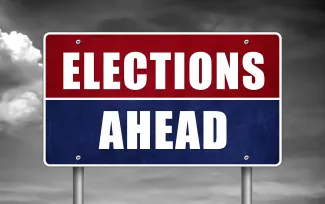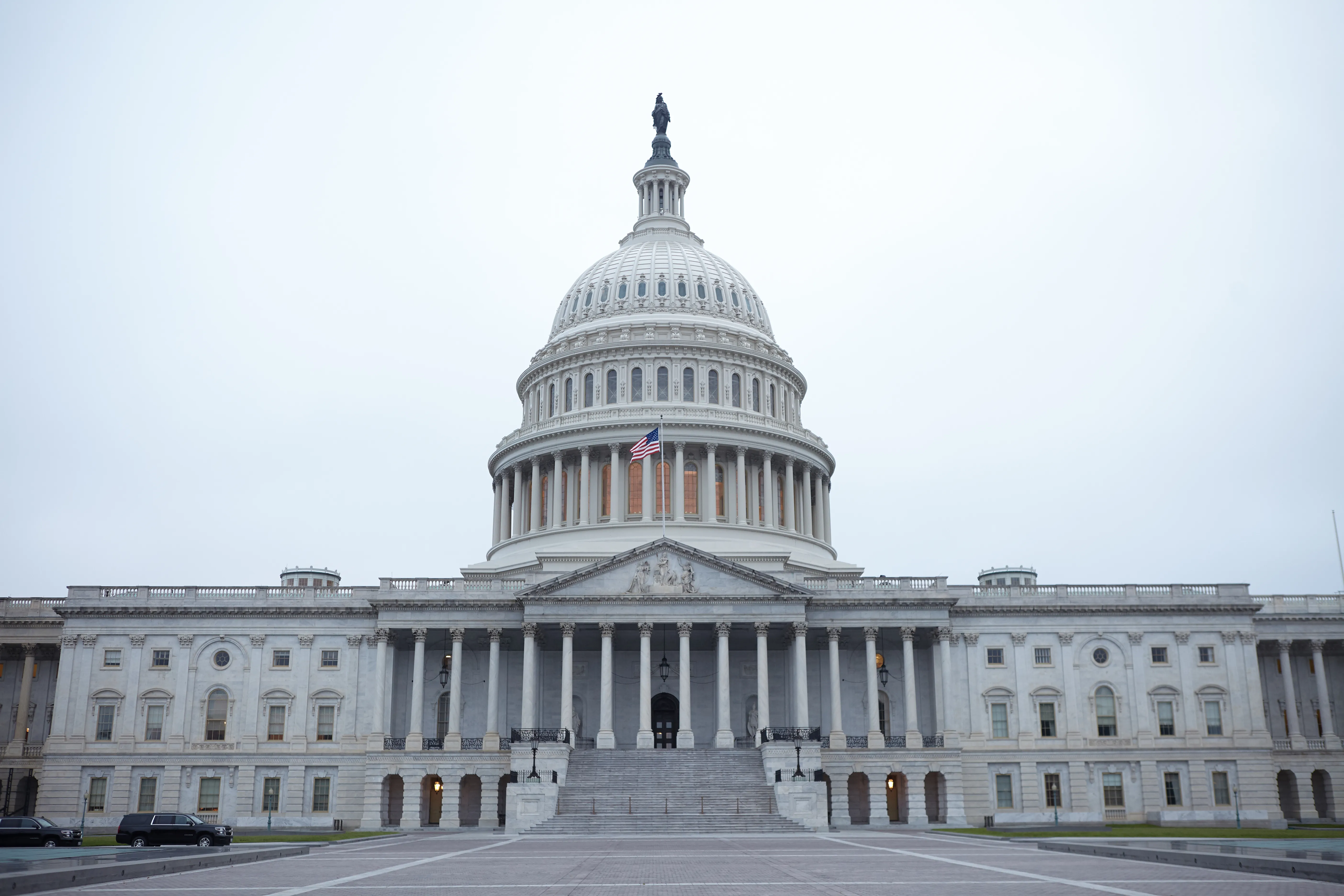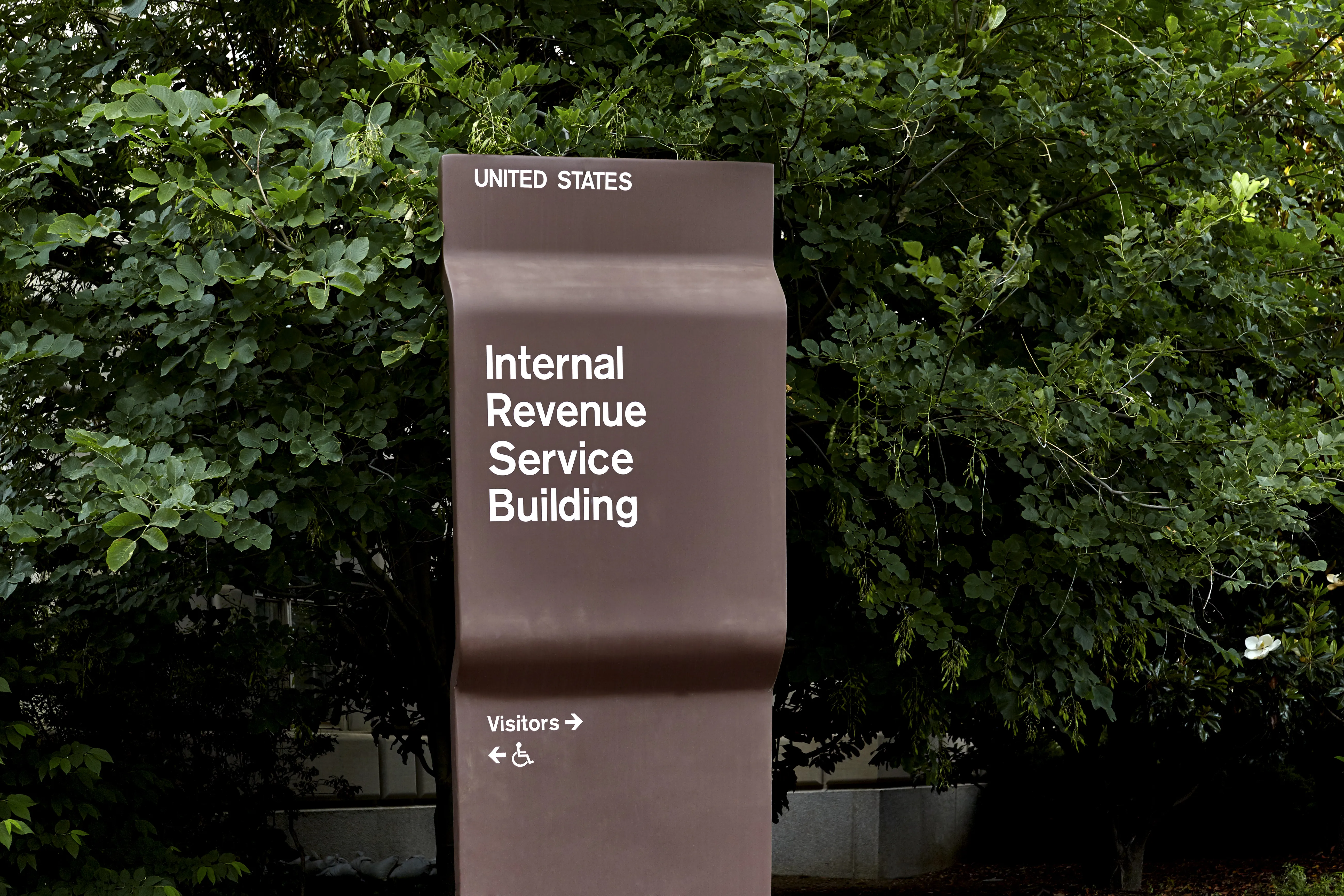
Go ahead and vote this fall; your health might thank you
© iStock - sefa ouzel
Click play to listen to this article.
(Prairie News Service) Election Day is a little more than two months away and people turned off by the political environment are urged to consider their long-term health as possible motivation to re-engage with the voting process.
Over the past few years, organizations such as the American Medical Association have emphasized voting is a social determinant of health.

Craig Burns, clinical assistant professor of social work at the University of North Dakota, specializes in social work and said it is especially true for marginalized populations. For example, he said a candidate's stance on local zoning laws and key services might resonate with a person's need to establish a better quality of life.
"Whether people have access to an affordable grocery store that sells healthy produce or whether they have access to safe transportation," Burns outlined.
Combined with more commonly discussed issues such as jobs, Burns pointed out all the factors play a role in shaping health outcomes. He added if people feel like their voice doesn't matter, they should know local races, including legislative seats, are sometimes decided by just a few votes.
For those who need guidance in researching candidate platforms, Burns noted websites such as Vote411.orgoften provide a comprehensive, nonpartisan breakdown of where a politician stands on key issues. He added reaching out to the campaign staff for answers is another option.
"Always let the candidate know you're a voter in their district," Burns recommended. "That'll, kind of, perk up their ears a little bit."
Burns, who has helped lead regional civic engagement efforts in past elections, argued how a candidate views environmental regulations is another topic worth exploring. He pointed to the tainted water scandal in Flint, Michigan, from a decade ago as an example. Researchers said the crisis stemmed from state and federal policy failures.
Support for this reporting was provided by The Carnegie Corporation of New York.

















